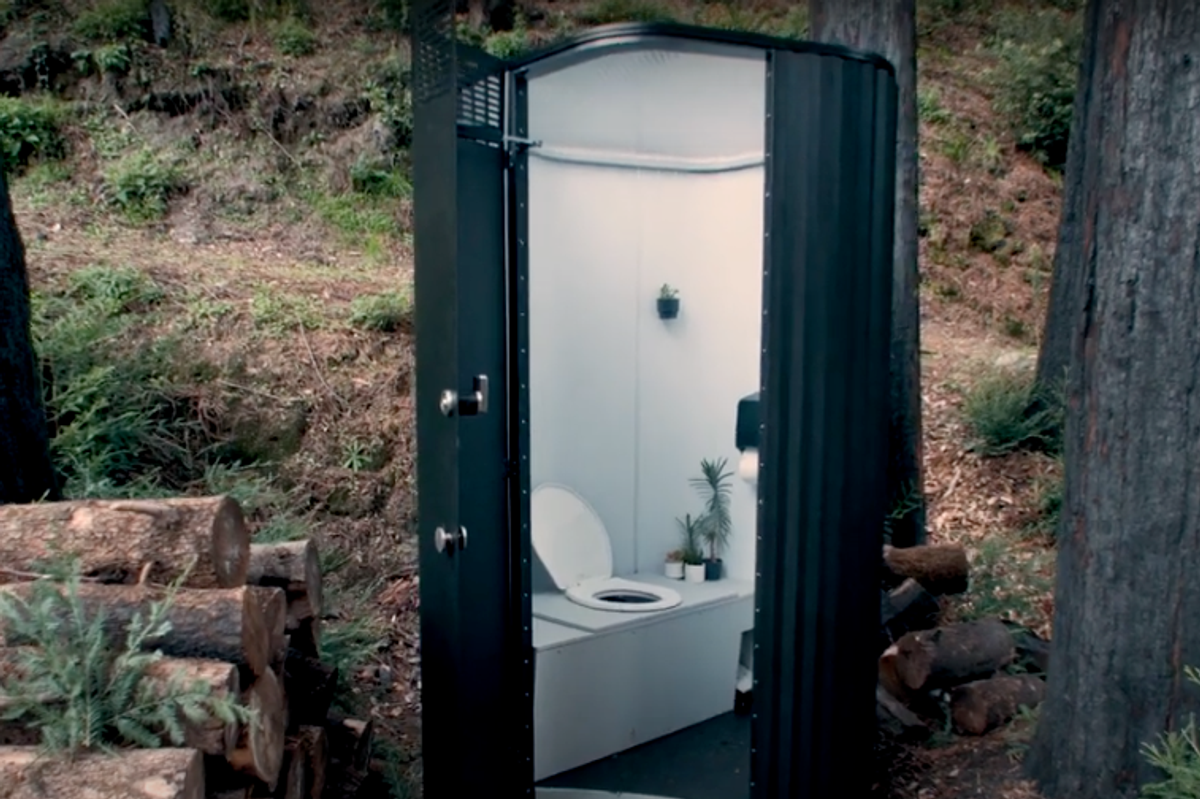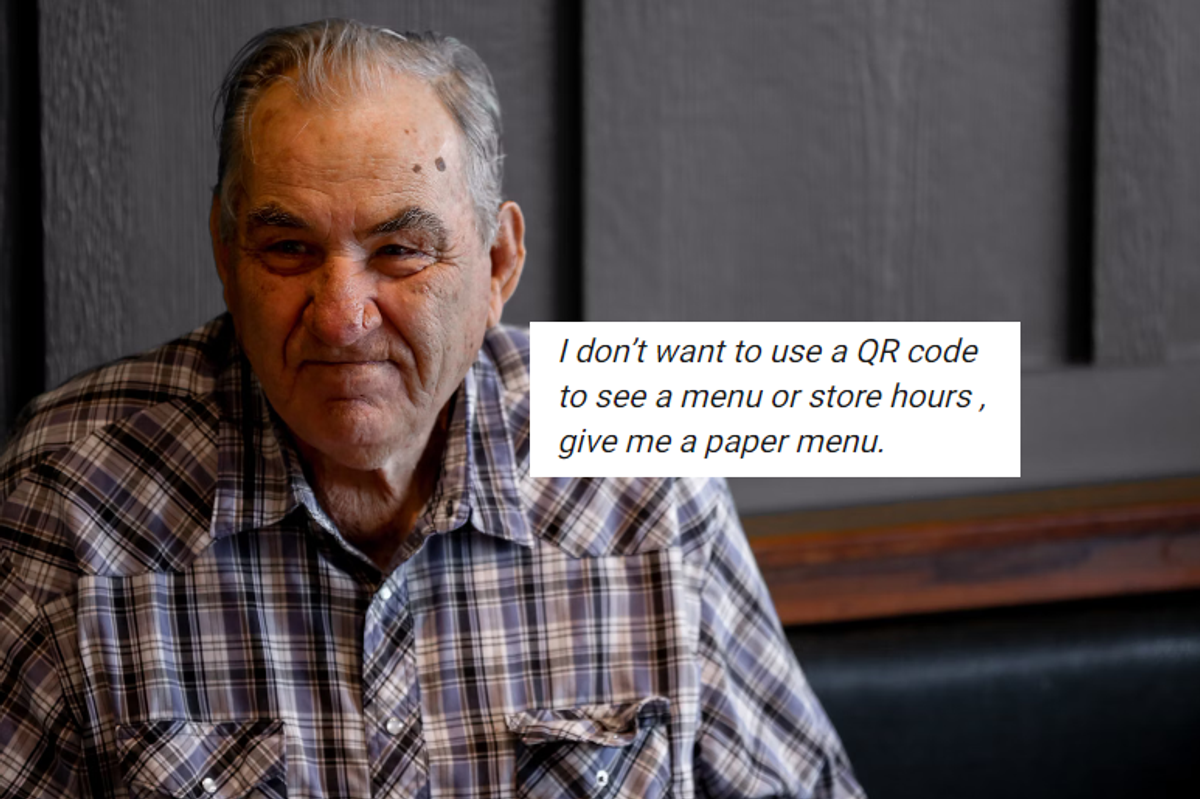How the porta potty could be an unexpected key in the climate fight
This company has transformed the 'least inspiring product' into a champion for sustainability.

Everyone poops, but very few think about where their drain ends.
When you flush in most U.S. cities, your poop is carried by valuable water into a vast network of aging pipes – many of which were installed around World War II – to a centralized treatment plant that wasn’t designed to handle extreme weather events or sea level rise, occurrences we’re experiencing more frequently as a result of climate change.
While the future of sanitation may look bleak, it doesn’t need to be.
In fact, you may not know that waste does not need to be wasted. Poop and pee are packed with valuable nutrients that are currently extracted from the earth to make fertilizer. And in nature, these nutrients cycle from food, through the human body, back into the soil to support the growth of new life.

Recycling human waste could help combat climate change
Here’s some context on how climate change is affecting our waste systems. Seas are rising faster than ever (1-2 meters by 2100), and hurricanes are getting more intense and frequent. By 2050, “moderate” (typically damaging) flooding is expected to occur, on average, more than 10 times as often as it does today.
When this flooding occurs, our wastewater treatment plants – often placed on coastlines for ease of effluent discharge – are vulnerable to inundation leading to service disruption.
For example, in 2017, Hurricane Harvey rendered 40 wastewater treatment facilities inoperable due to flooding. Even a month later, 7 facilities remained disconnected, leaving communities with nowhere for their waste streams to be treated before entering surrounding water bodies.
And when these facilities get flooded and services are disrupted, people don’t stop pooping.
Untreated waste leaks into the surrounding environment, causing environmental contamination, aquatic dead zones, biodiversity loss, and public health crises.
We can view this looming disruption as an opportunity to redesign our world in a way that is regenerative, intentional, and informed by nature’s wisdom – where humanity is not only surviving, but thriving along with all life on our planet.
In the case of sanitation, some companies are looking to nature’s design for inspiration.
One of these companies is wasted* – founded to transform the least inspiring product in the world: the porta-potty.
wasted* rents their re-imagined portable toilets to construction sites and events, and transforms the collected waste into fertilizer to support local agriculture.
While their immediate focus is on the traditional porta-potty market, the wasted* vision is to provide climate-resilient, circular sanitation infrastructure in the places that it’s most needed – from large metros to developing countries, disaster relief zones, and refugee camps.
By transforming the portable toilet, wasted* aims to shift the way we relate to what we leave behind – seeing it not as waste, but as a valuable resource. In doing so, their aspiration is to change the way we as humans view ourselves in relation to the rest of life – not as separate from nature, but deeply interconnected.
Other major organizations pushing forward the circular sanitation economy are the Rich Earth Institute, VunaNexus, and Sanitation360 – who are focused on developing processing technologies that transform human waste into fertilizer.
Sanitation is just one piece of a very large puzzle to mend our relationship to the rest of the living world. But as is said by peecycling pioneers at the Rich Earth Institute, we can pee the change we wish to see in the world.
Brophy Tyree is a guest contributor to Upworthy and the CEO/Co-Founder of wasted*






 A woman is getting angry at her coworker.via
A woman is getting angry at her coworker.via  A man with tape over his mouth.via
A man with tape over his mouth.via  A husband is angry with his wife. via
A husband is angry with his wife. via 
 Some Boomer grandparents are being called out for "gramnesia".
Some Boomer grandparents are being called out for "gramnesia".

 A woman gets a tattoo.
A woman gets a tattoo. Boy playing on the computer.
Boy playing on the computer.
 Grumpy boomers aren't wrong about everything. Photo by
Grumpy boomers aren't wrong about everything. Photo by  Even the young people can't stand QR codes. Photo by
Even the young people can't stand QR codes. Photo by  Everything, even fast food, has gotten out of control expensive. Photo by
Everything, even fast food, has gotten out of control expensive. Photo by